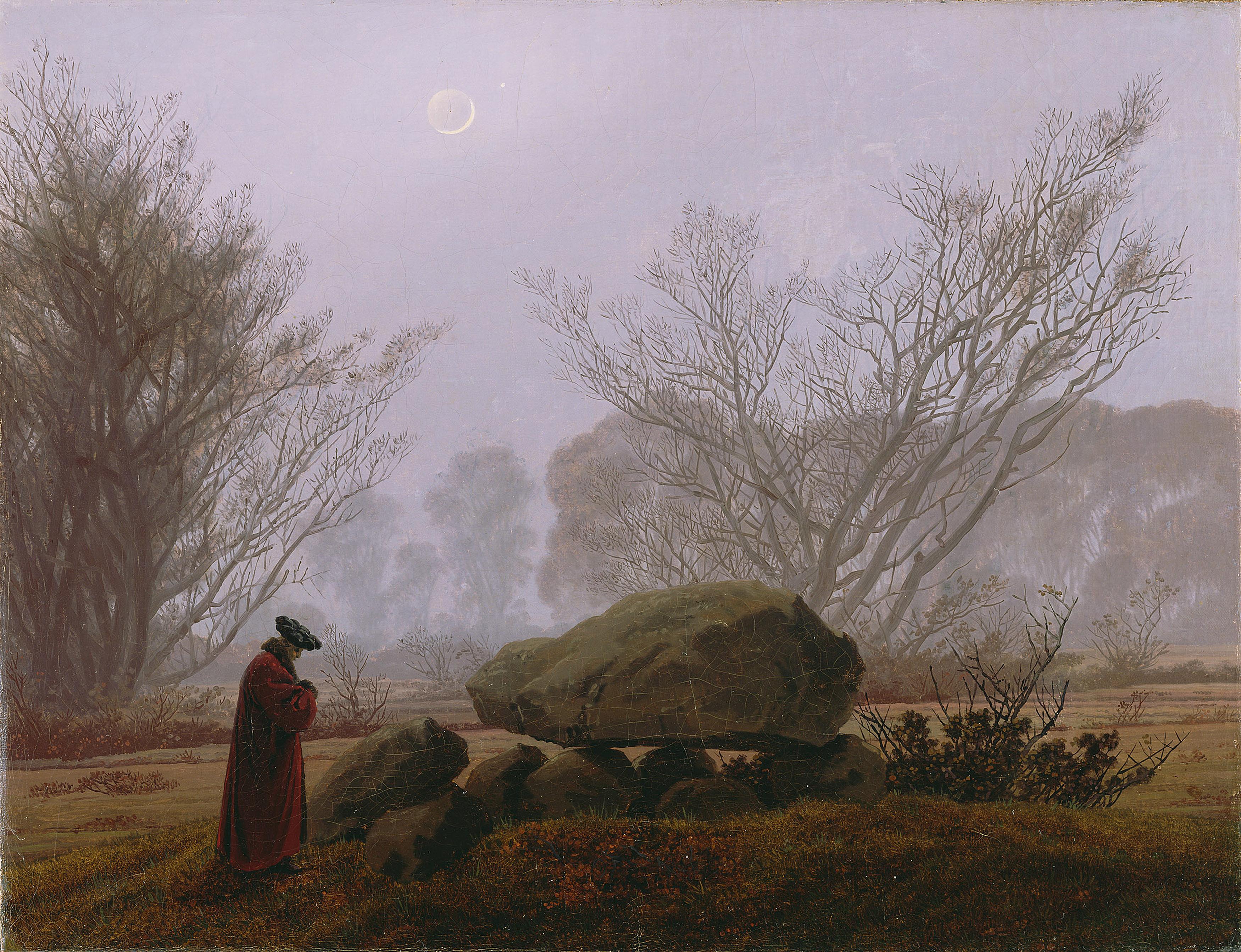When I would sing of love, it turned to pain
Category: Piano music
Tags: ambiguity, depression, idealism, illness, love, moments musicaux, pain, Schubert

I have been desperately practising musique noire II by Julia Purgina for my concert on Thursday, and I’m excited to share it with you.
But now I want to talk about the Schubert I will be playing — his “musical moment” (moment musical) no. 2. It’s short, beautiful and very personal.
Franz Schubert’s personal life was a tragic disaster. He was often an awkward, lonely outsider. He broke up with his only girlfriend and it seems he never had another relationship again. He sounds like he had terrible depressive feelings:
Every night, when I go to sleep, I hope to wake no more, and every morning only heralds yesterday’s grief. Schubert’s letter to Kupelwieser, 31 March 1824, quoted in Benedict Taylor, “The Melody of Time,” OUP, 2016, p.134.
He became seriously ill in 1823 and never got better. The illness was probably syphilis, a death sentence at the time. He died a few years later at 31. That’s only 10 years older than me. Why was his life so painful and so cruelly cut short?
What strikes me about Schubert is how his personal tragedy clashes with escapism: his harmonies are so pure and his melodies seem to stretch on for ever.
“Musical moment” no.2 has the rocking rhythm of a lullaby. Schubert has an amazing way of being emotionally ambiguous. The chords he chooses here sound like they’re floating, rootless, and weightless. Often, he combines pure and painful-sounding chords in quick succession, so you don’t know what to feel.
I find this piece tricky to play: it’s deeply, darkly coloured and has many conflicting emotions. At the same time, I don’t want to overdo things. Simplicity often says more than complexity.
I’d like to close with a beautiful letter that Schubert wrote, about a strange dream he had of his family. I think it really captures the essence of the clash between dreamy joy and painful reality in his music:
… I turned my steps away and, with a heart full of infinite love for those who disdained it, I again wandered into a distant land. For long, long years I sang songs. When I would sing of love, it turned to pain. And again, when I would sing of pain, it turned to love.
Thus love and pain divided me. Schubert’s manuscript, “My Dream,” 3 July 1822, quoted in Maynard Solomon: Franz Schubert’s “My Dream,” American Imago, Sunmer, 1981, Vol. 38, No. 2, pp.137–38, on JSTOR.
Another source: “Schubert, Franz,” Grove dictionary, 2001.
The picture is a painting by Caspar David Friedrich, called a walk at dusk (man contemplating a megalith)